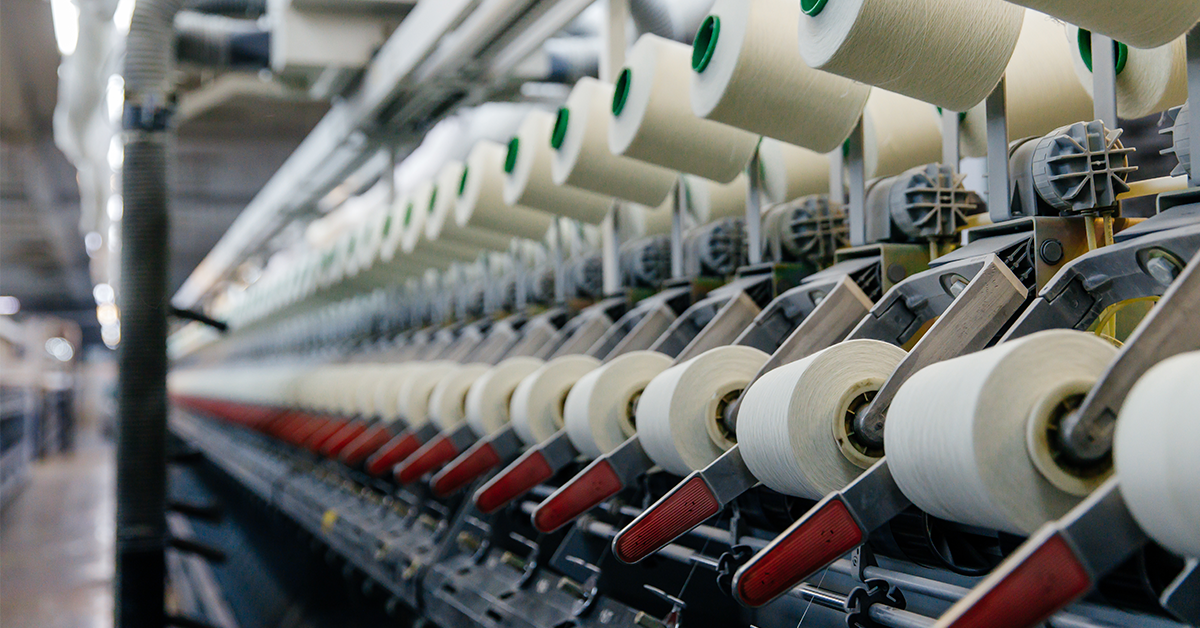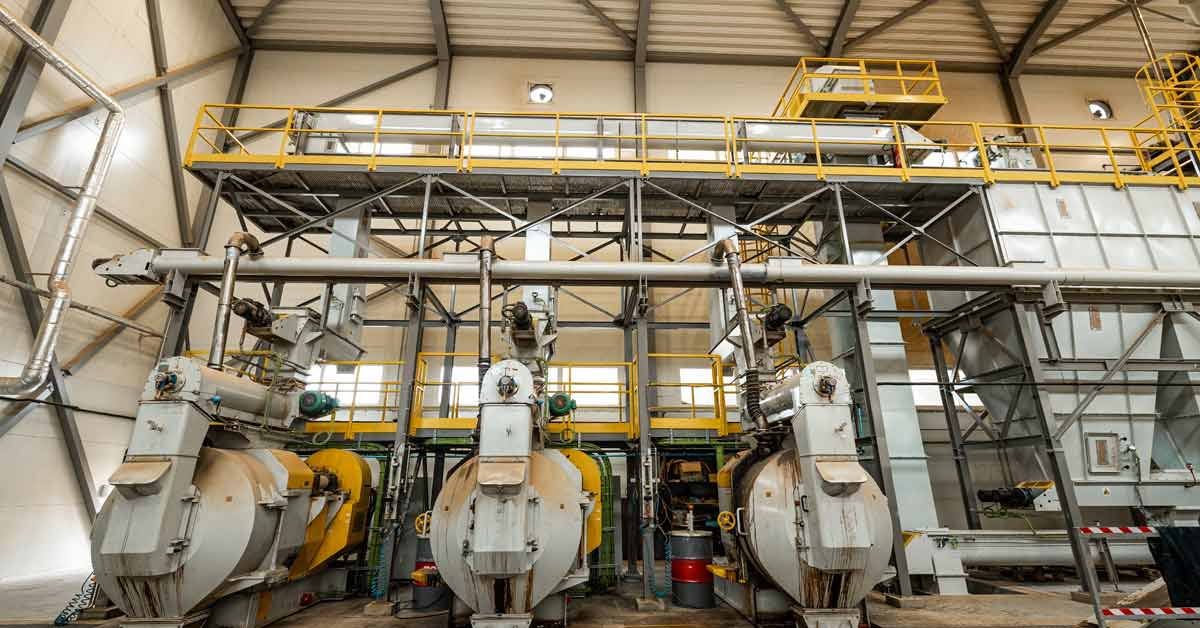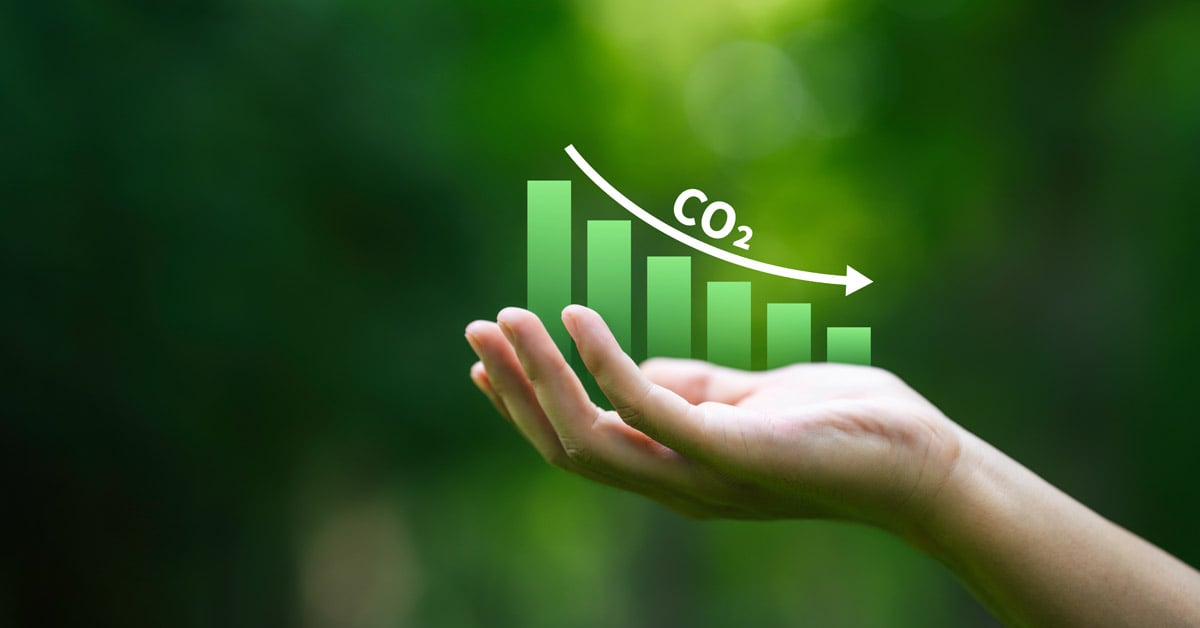5 min read
EU’s PTA Anti-Dumping Probe: Implications for Global Trade and Supply Chains
ResourceWise
:
Oct 1, 2025 5:35:29 PM

European chemical industry leaders are closely watching the European Union’s new anti-dumping investigation into purified terephthalic acid (PTA) imports from South Korea and Mexico. This high-stakes probe, launched in August 2025, could reshape global trade flows for PTA, a critical raw material for polyester production.
Background: EU Targets Low-Priced PTA Imports
On August 13, 2025, the European Commission opened an anti-dumping investigation into PTA imports from South Korea and Mexico, following a complaint by Ineos Aromatics. Ineos—a major PTA producer in Europe—alleged that surging volumes of PTA from those countries have been sold in the EU at unfairly low prices (“dumping”), undercutting EU producers and causing material injury. The product in question is high-purity terephthalic acid (≥99.5% PTA), an essential feedstock for polyester plastics and fibers.
According to industry data, Western Europe’s PTA imports jumped significantly in the past two years. Total imports reached about 744,863 tons in 2024, up from 640,758 tons in 2023. Notably, South Korean and Mexican suppliers together accounted for an estimated 93% of these imports in early 2025. This flood of PTA from the two countries coincided with European capacity cuts—such as rationalizations at Oxxynova (Germany) and an Ineos site—leaving EU markets more reliant on imports. EU producers claim the import surge has depressed local prices, eroded their market share, and even threatened plant closures and jobs.
In this context, the EU’s investigation will examine the July 2024–June 2025 trade period to determine if dumping occurred and if it harmed the EU industry. If the claims are substantiated, the Commission can impose anti-dumping duties to offset the price advantage of the imports. Interested parties—from foreign exporters to EU importers and downstream users—have been invited to submit evidence and arguments, though the window for participation is short given the fast-paced nature of trade investigations.
Key Stakeholders and Industry Players
The anti-dumping probe has drawn in a range of stakeholders across the PTA value chain:
- Ineos Aromatics (EU Producer): The complainant driving the case, Ineos is a major PTA producer in Europe (with facilities such as its plant in Geel, Belgium). It leads the Union PTA industry’s push for relief from what it views as unfair competition. Ineos even warned that its Geel PTA plant was at risk of closure due to import pressures, highlighting the stakes for domestic producers. The investigation represents a bid to restore a “level playing field” and improve viability for EU PTA operations.
- Other European PTA Producers: Besides Ineos, PKN Orlen in Poland and other integrated polyester manufacturers (e.g. parts of Indorama Ventures) have a vested interest. Years of consolidation and plant shutdowns have left Europe with only a handful of PTA sources. These producers stand to benefit if import competition is curbed by duties, potentially regaining market share and pricing power in the EU market.
- South Korean Exporters: South Korea is a leading PTA exporter, home to petrochemical companies such as Lotte Chemical, Hanwha TotalEnergies, and others. These companies have been supplying a significant portion of Europe’s PTA imports. They now face the prospect of losing access to the EU market or having to pay hefty dumping duties on their sales. The South Korean government, which maintains a free trade agreement (FTA) with the EU, will be monitoring the case closely and could engage in consultations or support its industry in a legal challenge if it deems the EU’s measures unwarranted.
- Mexican Exporters: Mexico’s PTA industry—notably Alpek, a large polyester feedstock producer—is the other target of the investigation. Mexico has been a major PTA supplier to Europe (often via its multinational operations). Mexican producers could similarly be shut out by anti-dumping tariffs. Given that the EU and Mexico have a modernized trade agreement, Mexican trade officials and Alpek’s European partners will be keen to mitigate any disruptions.
- European PET and Polyester Manufacturers: Downstream processors, such as PET resin producers and polyester fiber manufacturers in Europe, have a lot at stake in the PTA probe. These companies rely on PTA as a raw material for making plastic bottles, packaging, textiles, and more. Some are integrated (producing PTA in-house), while others depend on external PTA supply. If anti-dumping duties raise the cost of imported PTA, non-integrated PET producers could see input costs spike. This comes at a time when European PET makers are already under pressure from cheap imported PET finished products. Industry groups such as PET Europe have historically voiced concern that protecting upstream materials must not end up hurting downstream competitiveness. Balancing these interests will be a challenge—the Commission will hear input from PTA users to gauge the broader economic impact.
- Global Polyester Market Players: The ripple effects extend globally. Competing PTA producers in other regions (e.g., China, India, the Middle East) are watching closely. If South Korea and Mexico are constrained in Europe, other exporters might fill the gap—or face scrutiny if they attempt to dump PTA at low prices. Likewise, multinational consumer goods companies and packaging firms are indirect stakeholders, since any supply chain instability in critical inputs such as PTA can eventually affect costs and availability of polyester-based products worldwide.
Implications for Global Trade and Supply Chain Stability
This EU investigation is unfolding against a backdrop of global overcapacity and shifting trade patterns in the polyester supply chain. Asia—especially China—has built enormous PTA production capacity far exceeding its domestic demand, which has led to surplus output searching for markets. In recent years, Europe has become an attractive outlet for some of this excess, especially as European PTA production shrank. However, trade tensions are mounting: the United States has already imposed duties on certain PTA imports, redirecting Asian exports toward other regions. The EU fears becoming a dumping ground for surplus Asian PTA if others close their doors, and the current probe can be seen as both a defensive and pre-emptive measure.
Supply chain stability is a key concern. Europe’s PTA market has tightened after several plant closures and mothballing of capacity. If anti-dumping duties are imposed, those imports could shrink or become more costly, tightening the supply for EU buyers. European PET manufacturers worry about feedstock availability and price volatility, since alternative sourcing (from, say, the Middle East or India) involves longer logistics and uncertainty with shipping and freight costs.
On the other hand, global trade flows may readjust rather than collapse. Should the EU market become less accessible, South Korean and Mexican PTA producers will seek other outlets. Some of that volume might be redirected to growing markets in Asia, Africa, or the Americas. Notably, a major new PTA plant by SASA in Turkey came online in early 2025, which is altering regional trade dynamics. Turkey has traditionally imported PTA from South Korea and China, but SASA’s domestic output now displaces those imports, forcing Korean and Chinese exporters to find new destinations.
The investigation also signals to global suppliers that pricing practices are under scrutiny. In an oversupplied world market, selling below production costs to grab market share (a hallmark of dumping) can provoke regulatory backlash. EU authorities are effectively telling the market that stability and fair competition are priorities over simply accessing the cheapest material.
Trade Law Context and Possible Outcomes
From a trade law perspective, the EU's anti-dumping proceedings must adhere to WTO rules and procedures. The European Commission will calculate dumping margins by comparing the export prices of PTA to Europe against a “normal value.” They will also assess injury and causation thoroughly. Should the evidence confirm significant dumping and material injury, the EU can impose anti-dumping duties—typically for a five-year period—to counteract the dumping margin.
If one is proposed, the Commission might also consider a price undertaking offer from exporters. This would mean the South Korean or Mexican producers agree to sell PTA at or above a certain price floor in lieu of tariffs to eliminate the injurious effect. Such undertakings can sometimes provide a compromise to maintain supply while preventing unfair pricing.
Throughout this process, WTO considerations loom in the background. Anti-dumping actions are legal under WTO rules (the Anti-Dumping Agreement) if they follow due process and evidence standards. Nonetheless, affected countries can argue their case in Geneva if they believe the measures violate commitments. The EU will strive to make its case robust to withstand such scrutiny.
Also, because South Korea has an FTA with the EU, there is an additional diplomatic channel to discuss the issue (though FTAs generally preserve the right to apply anti-dumping measures). All parties will be mindful of setting precedents—a WTO dispute ruling against either side could impact how future cases worldwide are handled.
Outlook: Managing Uncertainty in a Changing Market
As this investigation unfolds, the global PTA and polyester industry finds itself at a crossroads of market economics and trade policy. The EU’s decision—be it imposing duties, negotiating minimum prices, or taking no action—will reverberate through supply chains. In a market already characterized by volatility (from crude oil swings to polyester demand shifts), trade measures add another layer of uncertainty that businesses must navigate.
Sources: European Commission Official Journal Notice; Polyestertime Industry News; Plastics Information Europe (PIE) report on Ineos complaint (2025); EU Commission trade case filings and WTO filings (2025).




